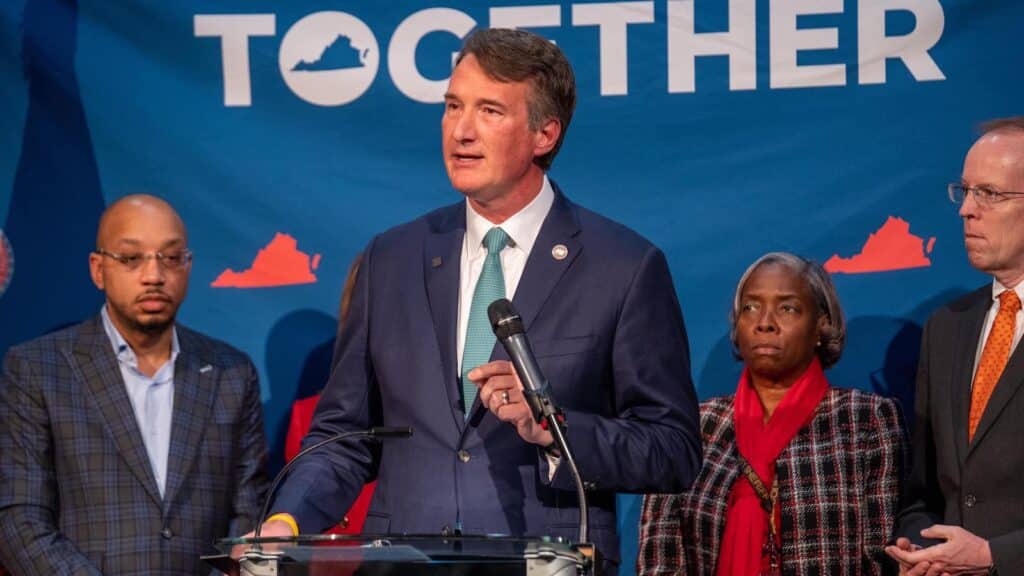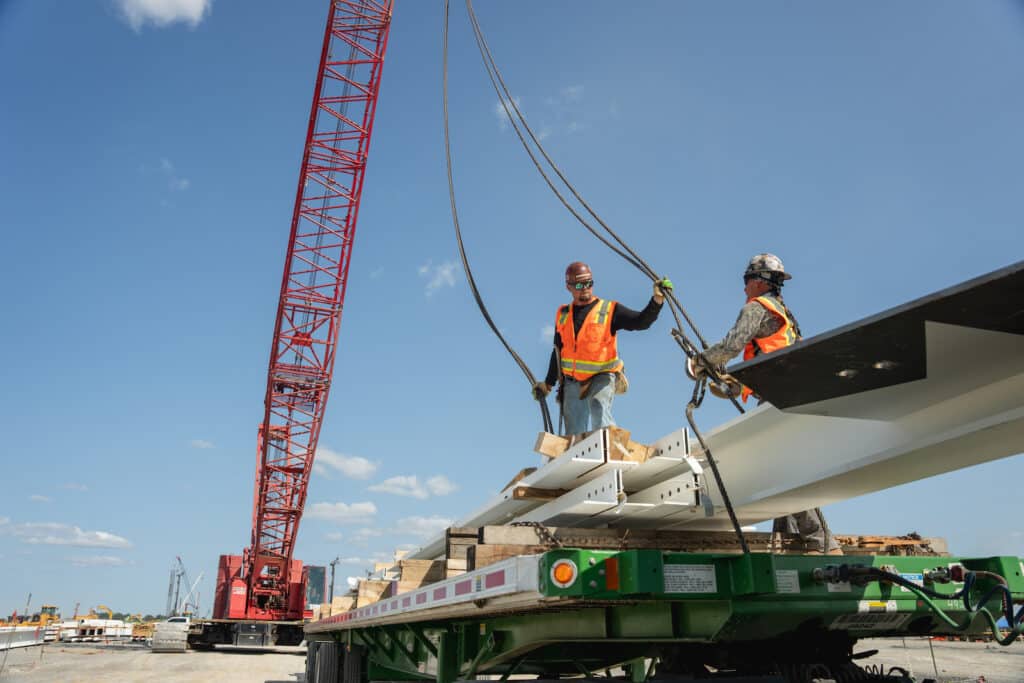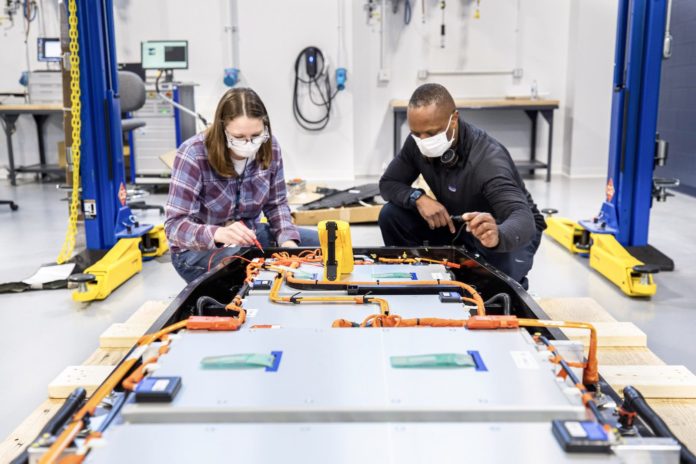Ford appears ready to announce plans to build a massive $3.5 billion electric vehicle battery plant in Southwestern Michigan. The automaker’s scheduled a news conference at its Ion Park battery development facility just outside of Detroit for Monday.
According to the advisory, the event will focus on Ford’s latest push to “scale EVs quickly and, ultimately, make them more accessible to customers.” Crain’s Detroit Business first published the story.
The location, about 1,900 acres in Marshall, Michigan, just east of Battle Creek, was reportedly the company’s second choice after Virginia, but that state’s governor somewhat controversially turned it down. Governor Glenn Youngkin, a Republican and former hedge fund executive, called the project a “Trojan horse” for China to get a foothold in the U.S. and dominate the EV battery industry.
Ford is partnering with China-based CATL on the project, but the company plans to staff the new facility with Ford employees while CATL will provide intellectual support for the plant. Michigan has been battling for every EV-related facility it believes should come to the state.
Under fire

Youngkin caught flak from many corners for not welcoming the plant to build EV batteries. However, not wanting to attract EV-related to jobs to his state is consistent with his push back against EVs.
Last month, he helped shoot down an effort for Virginia to adopt California’s EV rules. He also pushed against promoting the use of EVs, claiming they would undermine the reliability of the Virginia’s electric grid.
Meanwhile, environmentalists are gearing up to protect the Democratic edge in the Virginia Senate and win back the lower chamber in elections next fall. They also worked to help flip a Virginia Senate seat from Republican to Democrat in a special election earlier this month.
In a key vote this week, lawmakers on the Senate Agriculture, Conservation and Natural Resources Committee rejected GOP proposals to block the clean air rules, which will take effect in 2024, according to the Washington Post.

If the measure had passed, it would have marked the first time any state would have moved to withdraw from the coalition favoring the California inspired rules, which now cover close to 40% of the markets for new vehicles across the United States.
Charging ahead
In the meantime, Ford remains as committed to its electric future. The immediate evidence of that is the location of the press conference scheduled for Monday, Ion Park. It was part of Ford’s first steps to move in to an all-electric world. It develops battery technology that the automaker will use for future vehicles.
However, the massive commitment is the company’s $11 billion investment BlueOval City, the sprawling complex just outside Memphis where it will build an electric truck, batteries and other EVs, as well as facilities in Kentucky to do similar work. The company broke ground on BlueOval City last fall. It’s expected to open in 2025.
Ford CEO Jim Farley has committed billions of dollars to finance the automaker’s shift, laying out a target of producing 2 million battery-electric vehicles annually by late 2026. The automaker introduced its first long-range BEV, the Mustang Mach-E, in 2021, rolling out a second, the Lightning, this past spring. They already have positioned Ford as the second best-selling manufacturer in the U.S. BEV market, behind Tesla.

